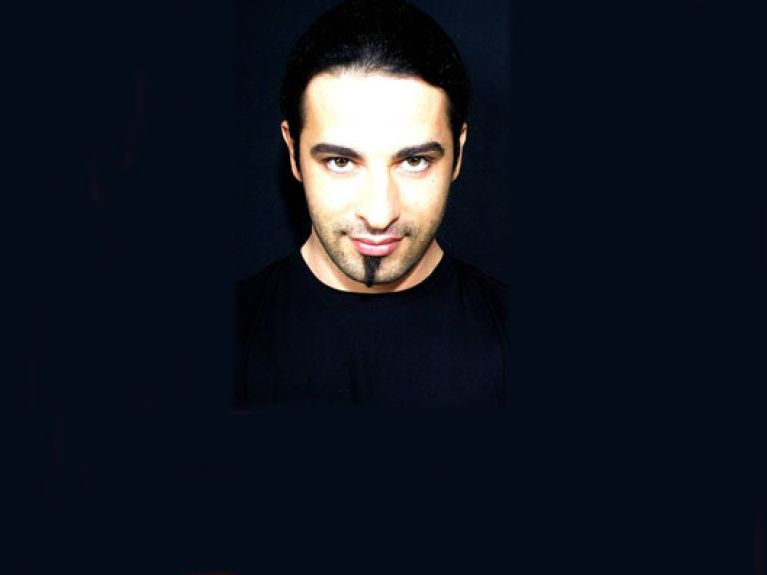Humour without borders
Star comedian Bülent Ceylan thinks little of generalizations, but a lot of humour’s power to connect.

One of the characteristics often said to be typical of Germans is a lack of humour. Probably no one knows exactly how this ever came about. But surely that era in which we, meaning our whole nation, were mainly perceived as aggressive is partly to blame. One thing I like to emphasize in my comedy shows is what I basically think about such gross generalizations – and that is: nothing at all!
A man in lederhosen eating a knuckle of pork and sauerkraut with a tankard of beer is also a typical image people all over the world have of us, but in fact it is not typically German, fortunately. Where I live, in Mannheim, we’d be very concerned about someone who was like that! The classification is rather arbitrary after all, more like a caricature.
There can be no doubt about it: laughing is good for you. And no matter how that laughter is produced, it is always legitimate, whatever is behind it. A joke need not always be profound to be funny; when we make fun of something or find something funny, there doesn’t always have to be a great significance to it. The best example is the so-called “mad days” in Germany. Carnival, the Fifth Season of the Year, especially in the Rhineland, puts a big smile on people’s faces over the course of almost a week. During that time they radiate cheerfulness and forget their everyday worries. Humour is one of the best remedies for that anyway.
As long as there is a need for things that make us laugh, cheer us up for a while, then humour will play an important role in our lives. Life is a matter of give and take, and just as there are people who like to be made to laugh, so too there have to be people who make others laugh. Some occasionally do this at work, at home or among friends, while others have so much talent that they go on stage and earn a living at it. In Germany a lot of people are now doing this, and over recents years individual humorous input has clearly increased thanks to the frequency of comedy and cabaret shows in all the media, to the long tradition of old-school humorists and farce on German stages as well as to the new possibilities for entertainment offered by videos of mishaps on social media. People in Germany have become accustomed to having something to laugh about at every corner – if they want to.
We can experience this on a daily basis in the most varied of ways and on the most diverse levels, so we will always find something to laugh about. We will at least smile at a joke, even if others find it side-splitting, and we will repeat jokes we particularly like, even if others find them silly. Humour is always personal, dependent on one’s own particular mindset. Rarely will everyone find the same gag funny. That’s something I often notice during my stage shows.
And it doesn’t matter where I am or in what surroundings. Just as a rainbow can move even the greatest sourpuss to a brief “ah” of enthusiasm, so too humour can rise above prejudices and class-related differences and connect people – like music or a baby’s smile. And what is more, it does so across borders and frontiers! ▪
Bülent Ceylan is one of Germany’s most successful comedians. The son of a German mother and a Turkish father, he was born in Mannheim in 1976. Today his comedy shows fill the largest venues. He particularly likes slipping into different roles, like that of the ever bad-humoured caretaker “Mompfreed” (Manfred), to expose German and Turkish prejudices and clichés about one another with lots of charm and wit. And no one speaks Mannheim’s singsong dialect more attractively than he does.

